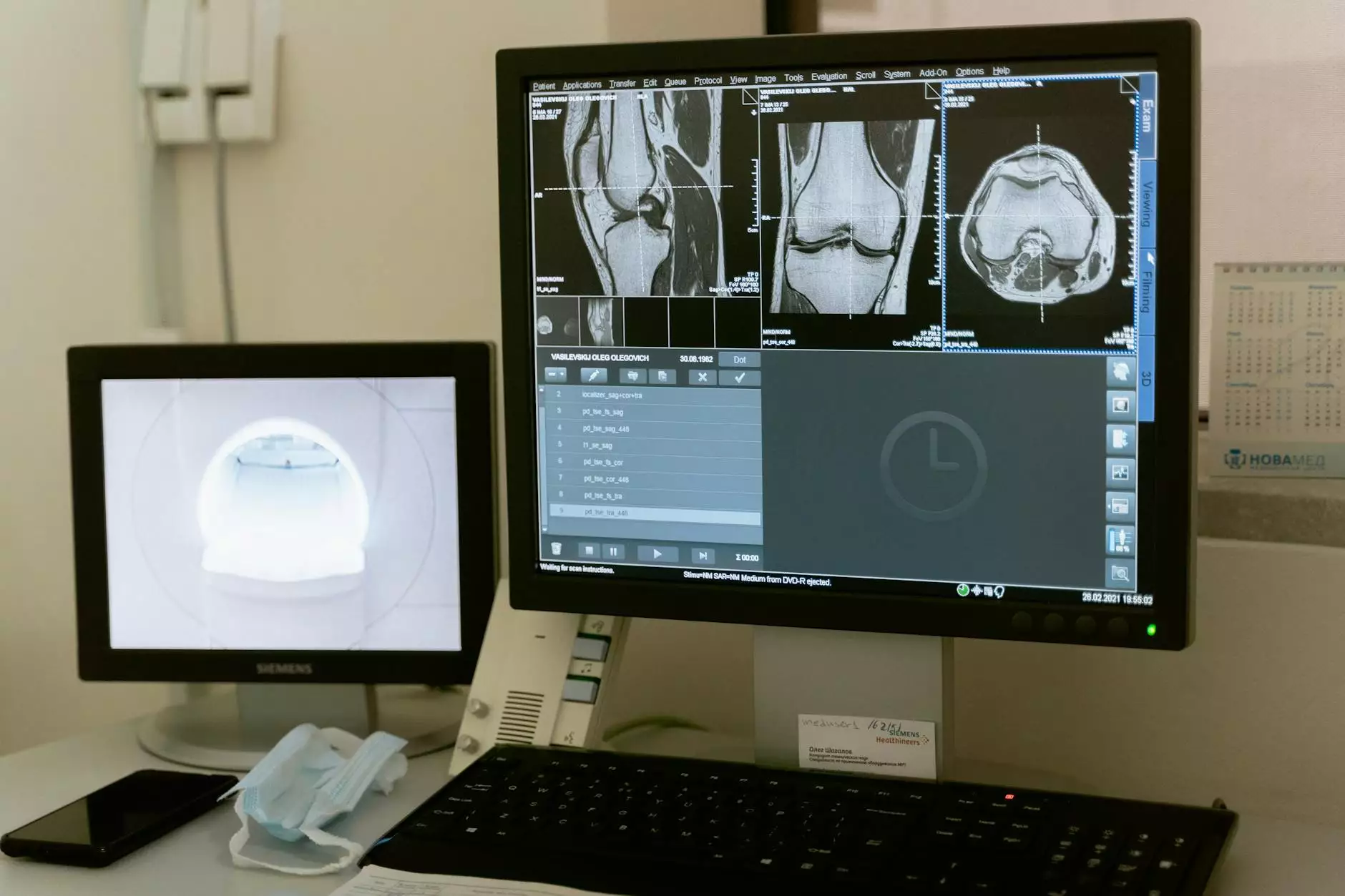The Pleasure Trap: Douglas Lisle at TEDx Fremont

Welcome to the learning center of Michael Finley, CNHP. In this article, we will delve into a thought-provoking TEDx talk titled "The Pleasure Trap" presented by Douglas Lisle, shedding light on the concept of the pleasure trap and its profound impact on our lives. Buckle up and prepare for an eye-opening journey of self-discovery and understanding.
The Pleasure Trap and its Significance
Douglas Lisle, a psychologist and co-author of "The Pleasure Trap," takes the stage at TEDx Fremont to unravel one of the most influential forces shaping human behavior – the pleasure trap. Striving for pleasure is an intrinsic part of being human, but in our modern society, this desire can lead us astray.
Lisle explores how this trap works, preying on our biological tendencies, and causing detrimental effects on our health, happiness, and overall well-being. By understanding the pleasure trap, we can make informed choices and consciously shift our behaviors towards a more balanced, fulfilling life.
The Breakdown of the Pleasure Trap
In his captivating talk, Lisle dissects the pleasure trap into different components, highlighting their impact on our daily lives. He explains the link between pleasure, pain, and reward, painting a vivid picture of how our primal instincts can often lead us down a destructive path.
The Neurobiology of Pleasure
Lisle delves into the neurobiology behind pleasure, shedding light on how our brains are wired to seek immediate gratification. He demonstrates how our neural circuitry can easily be hijacked, causing us to prioritize short-term pleasure over long-term well-being.
Understanding the neurobiology allows us to make conscious choices, rewire our reward systems, and reclaim control over our lives.
Food and the Pleasure Trap
Unhealthy eating habits are one of the prime examples of falling into the pleasure trap. Lisle shares insights into why we gravitate towards calorie-dense, hyper-palatable foods and how these choices can lead to obesity, chronic diseases, and compromised vitality.
By uncovering the link between food and the pleasure trap, Lisle provides tools and strategies to break free from this vicious cycle and adopt a healthier, more sustainable approach to nutrition.
Social Pressure and the Pleasure Trap
Lisle also addresses the role of social pressure in perpetuating the pleasure trap. From societal norms to peer influence, he discusses how external factors can shape our behaviors and reinforce destructive patterns.
By acknowledging and understanding the impact of social pressure, we can make empowered choices and resist falling into the trap to live a more authentic and fulfilling life.
Breaking Free and Embracing Balance
Douglas Lisle concludes his talk with a powerful message of hope and transformation. He emphasizes that breaking free from the pleasure trap is possible, no matter how deeply ingrained our behaviors may be. By making conscious choices, reevaluating our values, and embracing a sense of purpose, we can regain control over our lives and experience genuine fulfillment.
Unlocking Personal Potential with Michael Finley, CNHP
At Michael Finley, CNHP, we are dedicated to empowering individuals like you to unlock their truest potential. Our holistic approach, rooted in natural health practices and personalized guidance, supports you in navigating the challenges posed by the pleasure trap.
Through our comprehensive learning center and expert advice, we aim to equip you with the knowledge and tools needed to make informed choices, break free from unhealthy patterns, and live your most vibrant life.
Conclusion
The pleasure trap, as illuminated by Douglas Lisle in his TEDx Fremont talk, forces us to confront the impact of instant gratification on our well-being. By recognizing the power it holds over our lives, we can break free from destructive patterns and embrace a balanced, authentic existence.
Visit Michael Finley, CNHP's learning center today to explore more valuable resources and embark on an enlightening journey of self-discovery and transformation.









